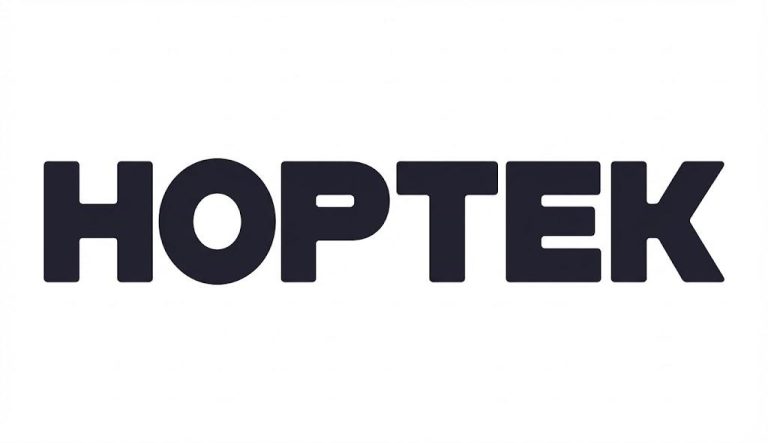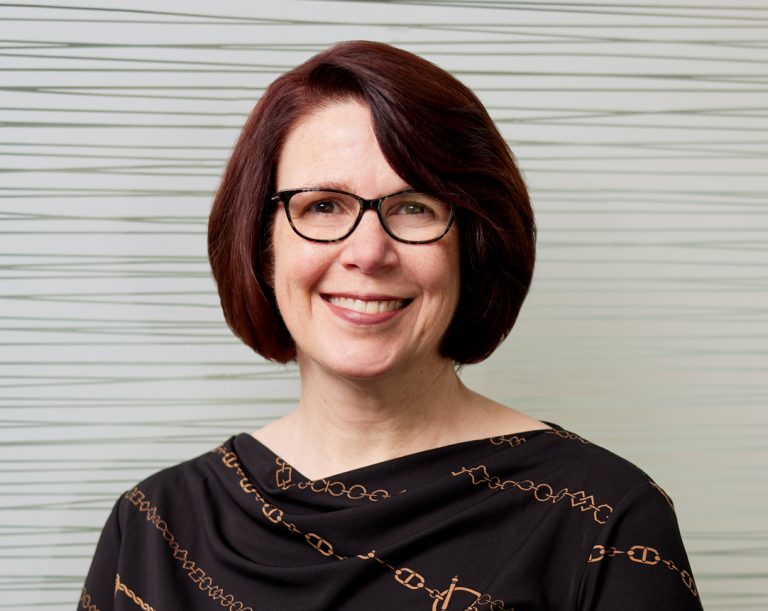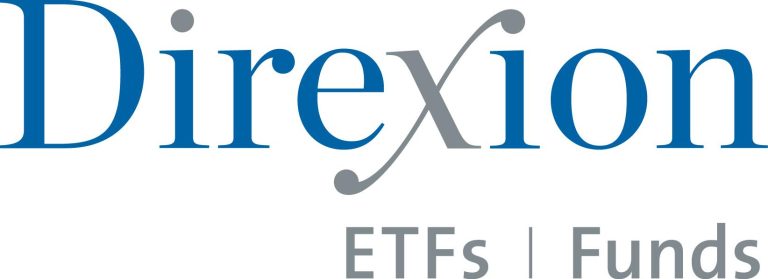Jeremy from Lexington, Kentucky, called into The Ramsey Show with a complex financial puzzle: He and his wife owe roughly $110,000 in student loans and credit card debt — not including a Parent PLUS loan in his father’s name that he’s promised to repay.
His proposed solution? Take out a new mortgage to purchase his dad’s house — a property Jeremy already lives in and was set to inherit — and use the loan proceeds to pay off all the existing debt.
Trending Now
- Thanks to Jeff Bezos, you can now become a landlord for as little as $100 — and no, you don’t have to deal with tenants or fix freezers. Here’s how
- I’m 49 years old and have nothing saved for retirement — what should I do? Don’t panic. Here are 6 of the easiest ways you can catch up (and fast)
- Dave Ramsey warns nearly 50% of Americans are making 1 big Social Security mistake — here’s what it is and 3 simple steps to fix it ASAP
The idea, he argued, would simplify payments and provide some tax benefits.
However, hosts of The Ramsey Show weren’t convinced.
A tangled proposal
Jeremy explained that he and his wife live in a double-wide mobile home on five acres of land — a property still under a $23,000 mortgage held in his father’s name. They pay just $460 a month in rent, essentially covering the mortgage.
Although his father originally intended to gift the property after passing, Jeremy plans to get a mortgage now to buy the house outright, then use the funds to pay off his and his wife’s student loans, their $10,000 credit card balance and the Parent PLUS loan under his father’s name.
“He makes six figures. So on the Parent PLUS loan, we’ve agreed that I’d pay that back. That was an agreement we made in high school,” Jeremy explained. “[My wife] makes $45,000 a year, I make $53,000. ”
His logic? Consolidating everything into a single payment would ease their financial stress — and maybe even provide a mortgage interest tax deduction.
Read more: Here are 5 ‘must have’ items that Americans (almost) always overpay for — and very quickly regret. How many are hurting you?
Complicating financial factors
George Kamel and co-host Ken Coleman quickly dismantled the plan.
“Making a hundred grand with as low rent as you guys have, you should be able to throw a few thousand dollars a month at this debt,” Coleman said.
The hosts estimated that, if the couple tightened their budget and focused on debt reduction, they could knock out their $110,000 balance in two to three years.
Using the debt snowball method, they’d tackle their smallest balances first, build momentum and gradually eliminate each debt without adding another mortgage.
Beyond the complexity and tax rationale, the hosts took issue with the double-wide trailer, which is a depreciating asset.
“I would not take a mortgage out on something going down in value,” Kamel pointed out.
Their bottom line: Buckle down, boost income, cut expenses and pay off the debts the old-fashioned way.
Financial path forward
Jeremy’s story is a cautionary tale about the allure of debt consolidation — and how it can turn into a debt shuffle instead of a solution. While consolidating high-interest debt can sometimes be strategic, people shouldn’t use it to avoid budgeting or complex decisions.
The Ramsey team emphasized:
- Avoid taking on new debt to settle old debt: especially when it extends repayment timelines or risks assets.
- Use the debt snowball: Pay off the smallest balances first while making minimum payments on the rest.
- Maximize your income advantage: With $100,000 in combined income and minimal rent, Jeremy and his wife have the means — but not yet the mindset — to escape debt.
- Cut emotional ties to money deals: Don’t feel obligated to pay a parent’s debt if it leads to long-term financial strain.
“Just pay off your freaking debts. You signed the dotted line.” Kamel said, “Get out of this debt in two years. And that’s the only solution I would be pursuing at this point.”
What to read next
- Robert Kiyosaki warns of a ‘Greater Depression’ coming to the US — with millions of Americans going poor. But he says these 2 ‘easy-money’ assets will bring in ‘great wealth’. How to get in now
- The ultrarich monopoly on prime US real estate is over — use these 5 golden keys to unlock passive rental income now (with as little as $10)
- This tiny hot Costco item has skyrocketed 74% in price in under 2 years — but now the retail giant is restricting purchase. Here’s how to buy the coveted asset in bulk
- Want an extra $1,300,000 when you retire? Dave Ramsey says this 7-step plan ‘works every single time’ to kill debt, get rich in America — and that ‘anyone’ can do it
Stay in the know. Join 200,000+ readers and get the best of Moneywise sent straight to your inbox every week for free. Subscribe now.
This article provides information only and should not be construed as advice. It is provided without warranty of any kind.


